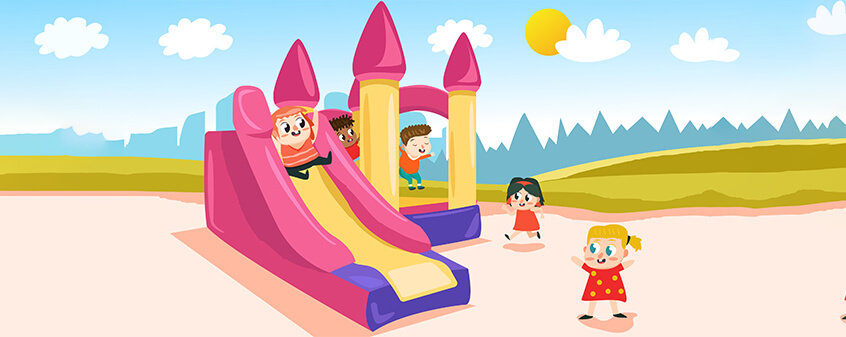“Creativity is as important as literacy”
? Ken Robinson
True Education has a lot to do with creativity and not just literacy. Gone are the days when education was all about rote learning and this is where the opportunity lies. Business in the education sector is a great responsibility, as we are dealing with children and working towards building a future for them. The demand for good schools is very high as education is given a lot of importance in our country and parents have aspirations of sending their children to the best of schools.
Education has seen a major shift in the last 15 years. Historically parents sent their children to aided schools, where the school fees were minimal and girls received free education. The teacher child ratio was 1:50 (or even more) and these schools were deploying a curriculum that was developed by government appointed universities which was not updated thereafter. With large classroom numbers the schools could only follow a rote method of learning where the child did not necessarily understand the concept taught but was able to regurgitate it orally and on paper.
A recent study by The US department of labour states that ‘65 percent of children entering grade school this year are likely to encounter work profiles that are not even in existence by the time they graduate.’
The only thing we are certain of is that creativity, imagination and entrepreneurship is going to be absolutely important if we want our children to not just survive in this new millennium but to TRULY THRIVE. This is why at Billabong High we put creativity at the centre of children’s learning. We know that 20 years from now success will hinge not on how much we know, but on our ability to think and act creatively. Creativity is the driving force of economic progress and the decisive source of competitive advantage.
However there are many challenges that entrepreneurs in the education sector have to face:
-
Parents still believe that education is all about scoring high marks; hence they chose schools that are known for rote learning.
-
There is continuous interference from the government agencies on regulating fees, policies and curriculum.
There are loads of examples that I can quote, recently in the state of Gujarat the ‘Gujarat self financed schools bill 2017’ was announced. According to this bill the fees for primary education would be Rs. 15000/-, fees for secondary education would be Rs. 25000/- and the fees for higher secondary education would be Rs. 27000/- per annum. These rates won’t even cover my rental cost in Vadodara!
The catch: as per an article published by ABP live Gujarati on 11th April 2017 states that Minority schools are an exception to this new ruling. The article also states that a private school wanting to charge a higher fee would need to submit a report to the committee justifying the reason; this will just increase the scope of corruption. With the kind of facilities a private school provides this kind of fee structure will not even cover one fourth the cost of running the school. What choice will we have other than to go back on our framework and place 50+ students in a class?
Result of this ruling:
-
Schools will become stagnant and will have no motivation to improve, resulting in drop of school standards across the board.
-
Schools will incur losses and that being the case they will not look at expanding, they might consider shutting down their schools due to lack of good income and better utilization of school assets.
-
As a result, in the next 4-5 years we will go back 15 years where there will be no seats available and parents will be at the begging end. Most parents will also have to pay ‘under the table’ donations that won’t get factored into the fee control increasing corruption yet again.
-
The government has not preempted this situation and has no back-up plan for when entrepreneurs stop growing schools.
-
Children in the state of Gujarat will not have access to quality education even though parents can afford it.
-
Schools will hire low quality teachers and will also reduce most extra co-curricular activities. Thereby depriving children of all round development.
Another example is the Right to Education Act of 2009. It requires all private schools (except the minority institutions) to reserve 25% of seats for the poor and other categories of children (to be reimbursed by the state as part of the public-private partnership plan).
How is a private school to bear the complete cost of the education of these children?
We value the goal of the government to ensure that all the children of our country have a right to education; however the implementation at the cost of social adjustments for the children has not been taken into account.
The government needs to realise that creating blanket archaic unreasonable rules to control independent schools will only hamper in the smooth functioning of a school.
Only by encouraging investments and entrepreneurship in education does this country have a hope of increasing schools that focus on creativity, innovation and entrepreneurship.








